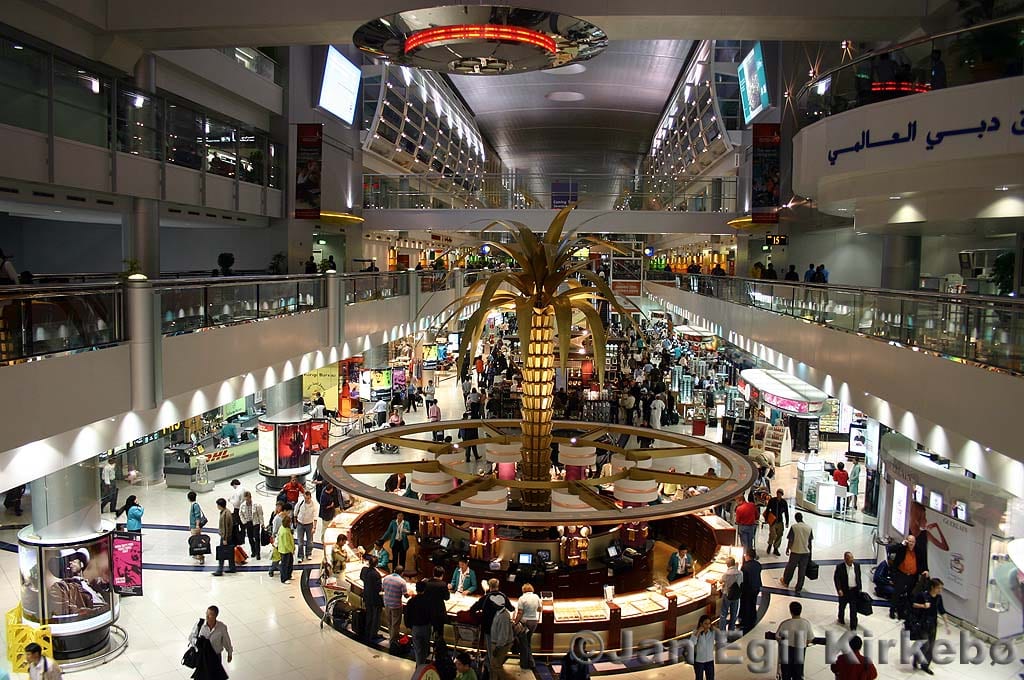

Dubai’s Legal System Strengthens, Marking a New Era of Accountability
In a notable shift towards stricter legal enforcement, Dubai has taken decisive action against money laundering, exemplified by the recent sentencing of Indian entrepreneur Balvinder Singh Sahni. This case underscores the emirate’s commitment to enhancing legal transparency and ensuring accountability in its burgeoning real estate sector.
On May 2, Balvinder Singh Sahni received a five-year prison sentence from a Dubai court, followed by deportation. The ruling also included a significant financial penalty: assets belonging to his company, Raj Sahni Group (RSG), were frozen to the tune of 150 million Emirati dirhams (approximately $41 million). Furthermore, Sahni was ordered to pay a fine of 500,000 dirhams ($136,000)
This high-profile case has garnered significant attention, particularly in Sahni’s home country of India, highlighting the international ramifications of Dubai’s legal decisions.
The court determined that Sahni and RSG engaged in money laundering through a network of shell companies and fraudulent invoices. Their operations included the development of glamorous properties in prime Dubai locations such as Business Bay and Sufouh Gardens. Known within Dubai’s affluent circles, Sahni displayed his luxury lifestyle on social media, further elevating his public profile as a prominent businessman.
Dubai’s recent crackdown extends beyond financial crimes. During a recent GISEC cybersecurity conference, Mohammed Alkuwaiti, head of the UAE government’s cybersecurity department, disclosed alarming statistics: the UAE experiences approximately 200,000 cyber-attacks daily. In response, local authorities are intensifying international cooperation to combat cross-border cybercrime, reflecting a proactive approach to digital security threats.
As Dubai reinforces its legal frameworks, the implications for both businesses and consumers will be profound. Stricter enforcement may foster a more trustworthy investment environment, potentially leading to increased foreign investment in the region.